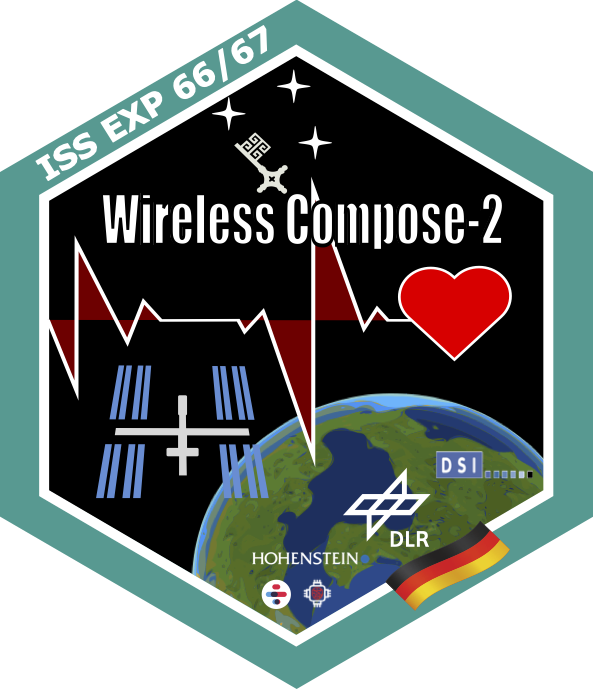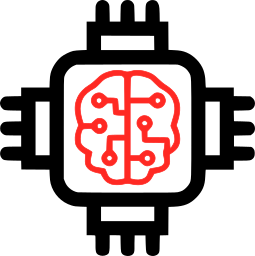Research
The working group has a strong interest for space environments and challenging environments in general. Our research focus is digital data and signal processing, real-time data processing, energy-efficient processing, as well as reliability, fault tolerance and embedded fault diagnosis in the context of 'smart' sensor technology.
Research Projects
Ongoing Projects
- KORVEKSiS: Compensated Location Vectors for the Characterization of Seismocardiographic Signals using Integrated Sensor Technology
- KORVEKSiS aims to develop a miniaturized, resource-efficient sensor platform that fuses 3D accelerometer and gyroscope data to derive orientation-compensated seismocardiographic (SCG) signals for more accurate and standardized cardiac monitoring. By addressing measurement uncertainties and integrating with reference systems like ECG, PCG, and echocardiography, the project lays the groundwork for cost-effective wearable diagnostics in preventive and clinical healthcare.
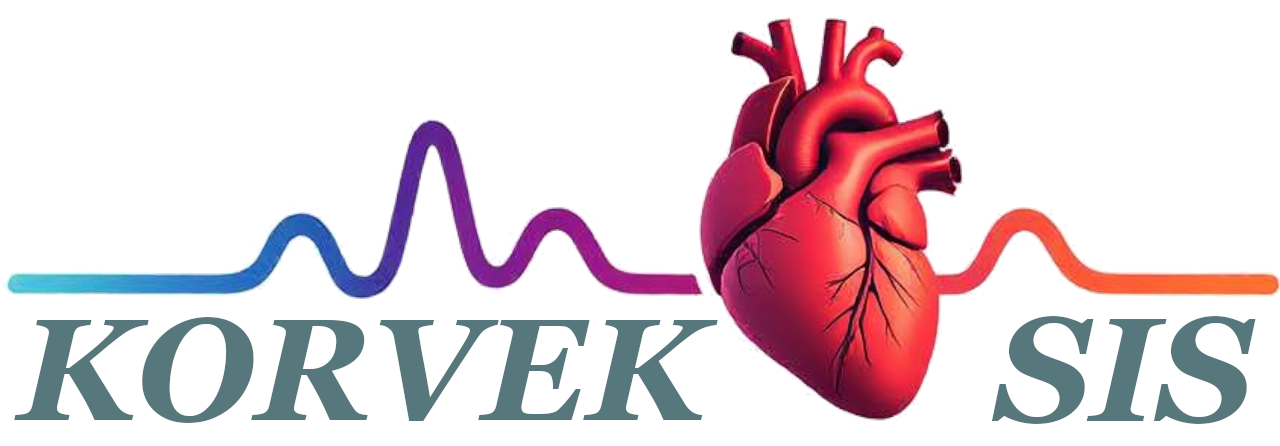
- BioDivKI2: BioDivKI2
- Biodiversity is a key indicator of ecosystem resilience, but current monitoring methods for insect populations are costly, time-consuming, and require expert knowledge. BioDivKI2 develops an AI-supported solution based on acoustic signatures to enable efficient insect monitoring, integrating sensor technology, practical studies, and citizen science to enhance biodiversity assessment and public awareness.

- AuRelia: Autonomous and Reliable SCG-Sensor System for Human Space Exploration
- The AuRelia project addresses challenges of health sensors for lunar missions with strong sensor autonomy and extremely high reliability. It focuses on SCG (Seismocardiography) sensors and serves as a foundation for further fundamental research on SCG, marking the first investigation into artifact formation on SCG.

- SatelLight: SatelLight
- The SatelLight project addresses the challenges of internal communications within a satellite. Research is being conducted into how LiFi - data transmission via light - can be used to replace cable harnesses and make communications more secure, robust and reliable.
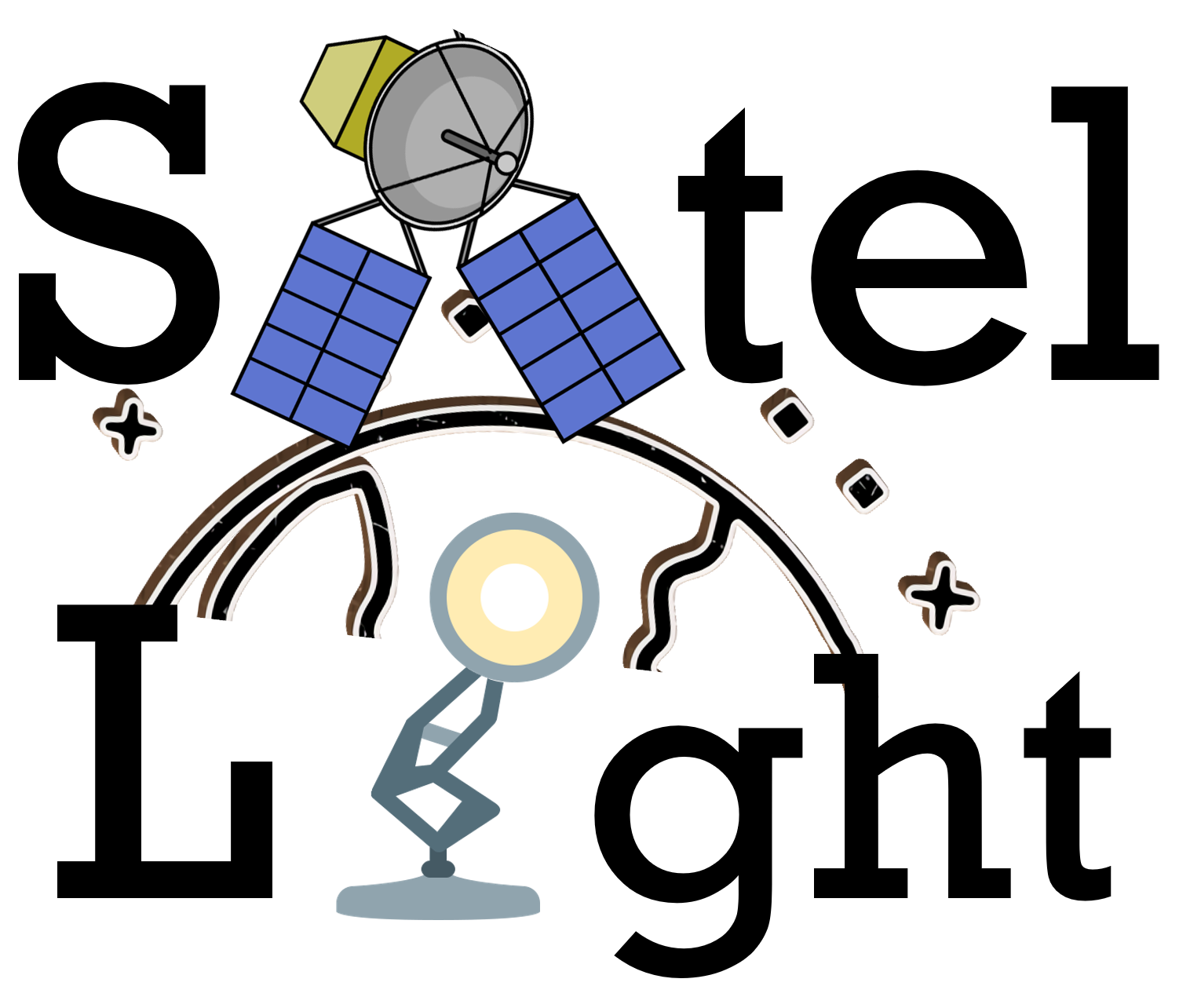
- EduSat: Kleinsatellit als Chance für Fach-, Semesterübergreifende und interdisziplinäre Lehre
- Das Projekt EduSat fördert die intrinsische Motivation der Studierenden, indem es innovative Lehrinhalte in Elektrotechnik und Informatik durch die Entwicklung eines CubeSat vermittelt. Studierende aus verschiedenen Studiengängen arbeiten semester- und fachübergreifend an allen Phasen des Projekts, von der Konzeption bis zum Testen des Satelliten. Das Projekt ist in Primär- und Sekundärmissionen unterteilt, wobei sich die Primärmission auf die On-Board-Avionik (Raumfahrtelektronik) konzentriert und durch die aktive Beteiligung von Studierenden aus Elektrotechnik, Informatik, Mathematik und anderen Fachbereichen der TUHH eine breite Wirkung erzielt.

- SArES: SArES - SCG-Sensorsystem für Artemis II Experiment SpacePatch
- SArES is making an important contribution to future SCG sensor systems for monitoring the health of astronauts. In particular, SArES research will focus on local data backup and a hardware, firmware and software system tailored to the Artemis mission as a flight-capable system.
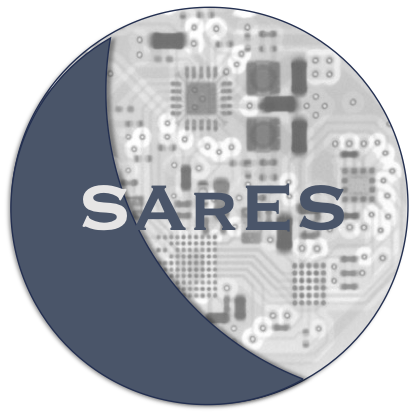
- RISA: RISA - Reliability Investigation of Low Power FPGAs for Space Applications
- RISA (Reliability Investigation of Low Power FPGAs for Space Applications) is a small payload for the PLUTO technology demonstrator satellite. In particular, RISA tests the suitability of low-power FPGAs for use in space missions and evaluates mechanisms for detecting errors. RISA payload will provide important findings for the reliable use of LP FPGAs in space environments.
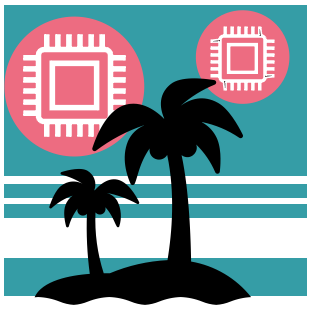
Finished Projects
- BEAT: (Wireless Compose 2) BEAT - Ballistocardiography for Extraterrestrial Applications and Long-Term Missions
- The BEAT experiment performed on the ISS is investigating ballistocardiography as a method for inconspicuous and resource-saving long-term monitoring of cardiovascular function.
